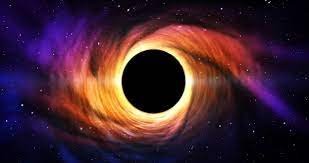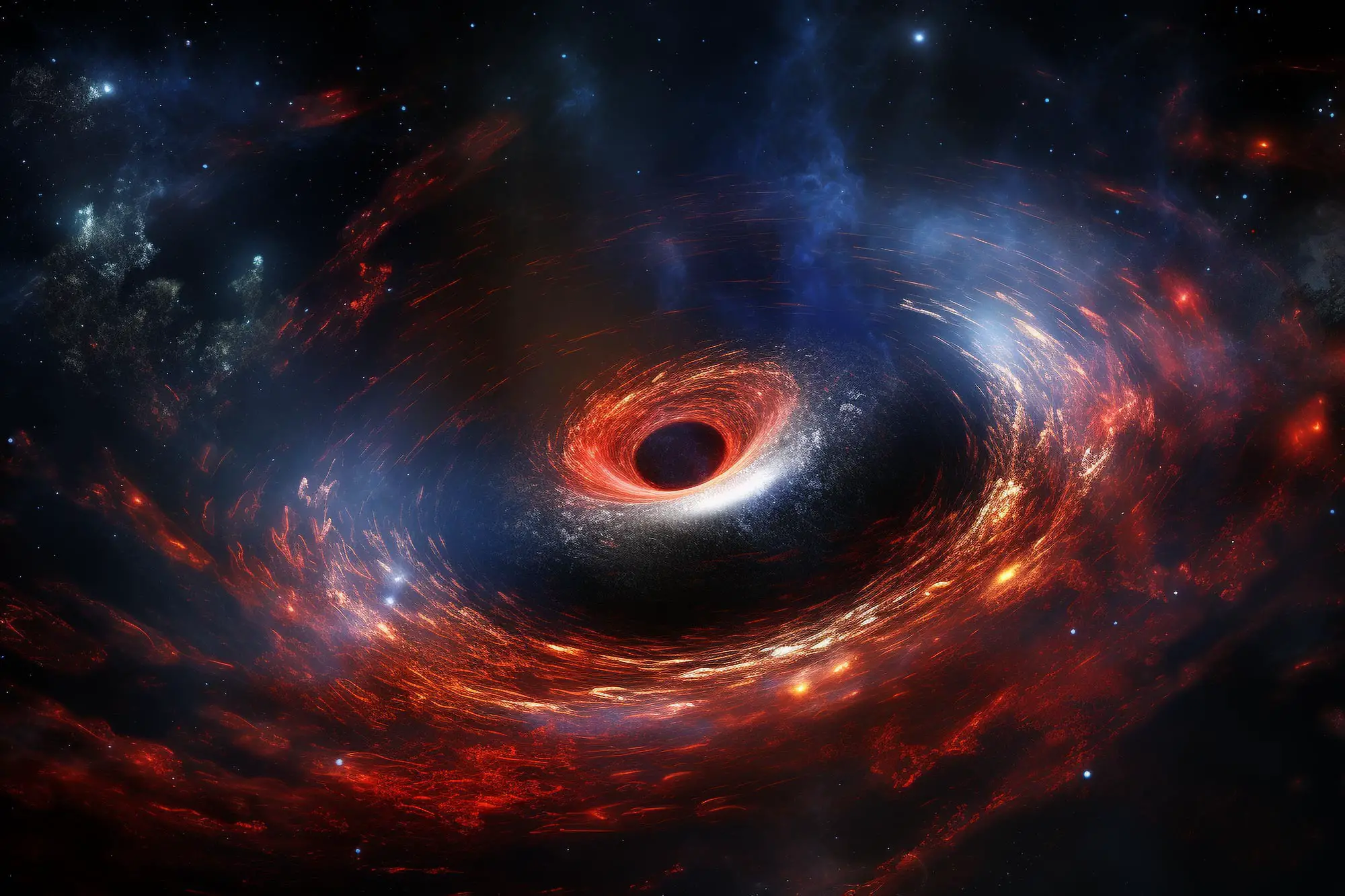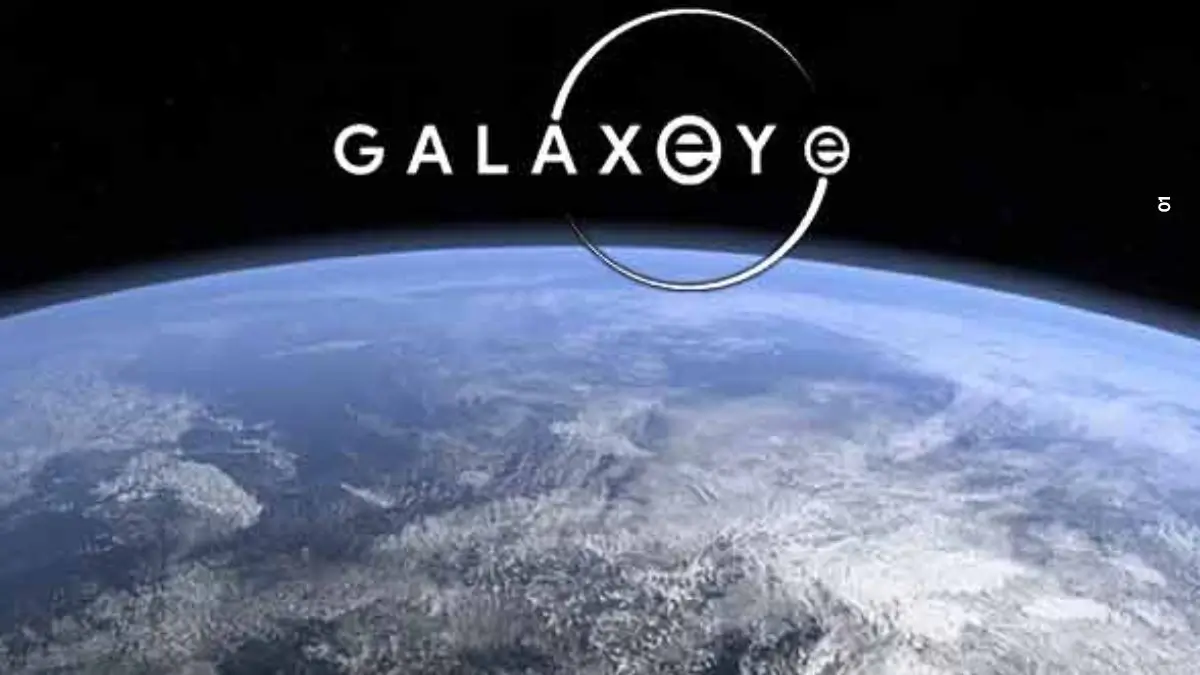Oldest Black Hole Discovered, Dating Back to 470 Million Years After the Big Bang
The universe, with its mysteries and wonders, continues to captivate both scientists and enthusiasts. In the latest breakthrough, astronomers have unveiled an extraordinary discovery – the oldest black hole known to humanity, dating back an astounding 470 million years after the Big Bang. This discovery has far-reaching implications for our understanding of the cosmos, and it’s essential for aspirants preparing for various government exams, including positions in teaching, police, banking, railways, defense, and civil services like PSCS to IAS.

Why this News is important:
Unveiling Ancient Mysteries: The discovery of this ancient black hole sheds light on the early universe’s conditions. It allows us to peer back in time and explore what happened shortly after the Big Bang. This insight into the universe’s infancy is invaluable for those studying for civil service and government exams as it contributes to a comprehensive understanding of astrophysics.
Cosmic Evolution: Understanding the formation and evolution of black holes is crucial not only for astrophysicists but also for students preparing for exams. This discovery provides insights into how black holes have evolved over billions of years, enhancing our understanding of the cosmos.
Historical Context:
In the context of this groundbreaking discovery, it’s essential to consider the historical backdrop of black hole research. The concept of black holes originated from Albert Einstein’s theory of general relativity in the early 20th century. Since then, scientists have been on a quest to uncover these mysterious cosmic entities.
One significant milestone was the detection of gravitational waves in 2015, confirming the existence of black holes. This marked a turning point in astrophysics and further accelerated research into these enigmatic objects.
Key Takeaways from “Oldest Black Hole Discovered, Dating Back to 470 Million Years After the Big Bang”
| Serial Number | Key Takeaway |
|---|---|
| 1 | Insights into the early universe conditions. |
| 2 | Understanding the formation and evolution of black holes. |
| 3 | Connection with general relativity and gravitational waves. |
| 4 | A significant milestone in astrophysics. |
| 5 | Relevance for competitive exams in science and technology fields. |
Important FAQs for Students from this News
Q: What is the significance of discovering the oldest black hole?
A: The discovery of the oldest black hole is significant because it provides insights into the conditions of the early universe and helps us understand the evolution of cosmic entities.
Q: How does this discovery relate to Albert Einstein’s theory of general relativity?
A: This discovery is closely related to general relativity as it further validates the predictions made by Einstein’s theory, particularly in the context of gravitational waves and black holes.
Q: What are the implications of this discovery for students preparing for government exams?
A: Students should be aware that this discovery may be included in their exam syllabus, especially in subjects like astrophysics, general relativity, and physics.
Q: Are there any specific competitive exams where this information is likely to be relevant?
A: Yes, this information can be relevant for exams related to civil services, defense, banking, and other government positions that have science and technology components.
Q: How does this discovery contribute to our understanding of cosmic evolution?
A: Understanding the formation and evolution of black holes is essential for our understanding of cosmic evolution, which is a fundamental concept in astrophysics.
Some Important Current Affairs Links

















